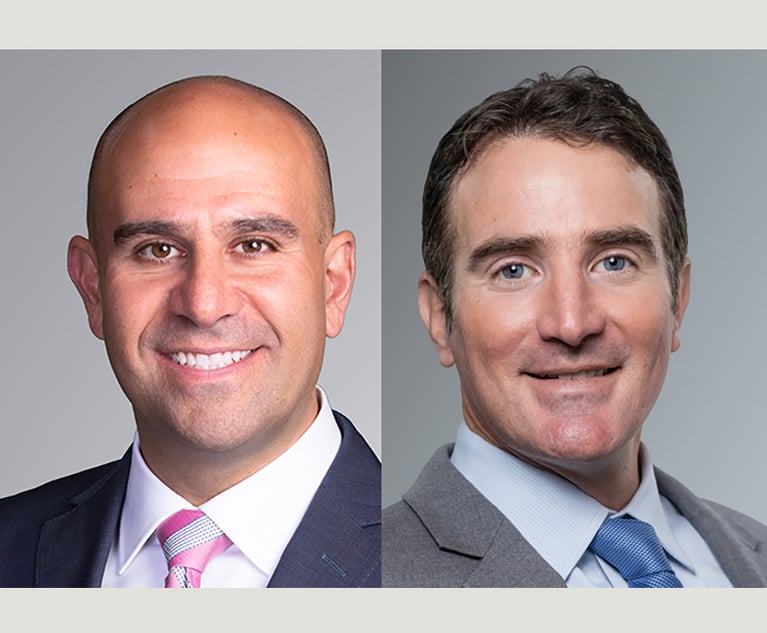By May 4, 2020, more than 900,000 Californians gave their signatures to qualify a new privacy law for the November 2020 ballot. If it receives a majority at the general election, businesses around the world will have to comply with the California Privacy Rights Act of 2020 (CPRA) effective January 1, 2023 and disclose their information processing practices since January 1, 2022. CPRA would expand the California Consumer Privacy Act of 2018 (CCPA), a law that was also originally introduced as a ballot initiative but ultimately enacted by the California Legislature.
Consumer Privacy Rights Act: Key Provisions
Piece of the action: Businesses face significant penalties under CCPA that, once paid, are to be deposited in a Consumer Privacy Fund earmarked to offset government enforcement costs. CPRA contemplates that non-profit organizations would receive 3% of proceeds from such penalties to promote and protect consumer privacy (See active initiative 19-0021A1 at https://oag.ca.gov/initiatives/active-measures p. 39 proposing Cal. Civ. Code). The proponent of the ballot measure is the Board Chair and Founder of Californians for Consumer Privacy, a Section 501(c)(4) social welfare organization according to www.caprivacy.org.


 Lothar Determann, with Baker McKenzie.
Lothar Determann, with Baker McKenzie.




